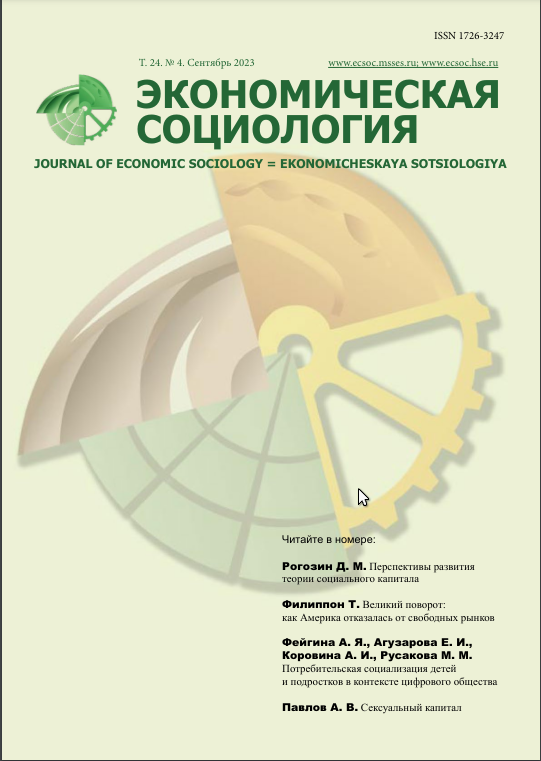Seek Similarities, Not Differences: Five Eco-Social Relationship Archetypes
Book Review: Kennedy Е. Н. (2022) Eco-Types: Five Ways of Caring about the Environment, Princeton, NJ: Princeton University Press. 280 p.
Abstract
In the United States, the ongoing political divisions encompass a variety of issues, including environmental concerns. Environmental protection and efforts to address climate change have become central topics in political polarization. “Eco-Types: Five Ways of Caring about the Environment” by Emily Huddart Kennedy, an Associate Professor of Sociology at The University of British Columbia, aims to rectify misconceptions about people's relationships with the environment. Rather than focusing on why some individuals engage with environmental issues, Kennedy explores the place of the environment in people's lives, revealing that there is more than one way to care for the environment. She outlines a spectrum of eco-social relationships, resulting from a mixed methods research approach of the study that included two phases: qualitative interviews followed by a representative survey of the US population which was based on the insights obtained through the interviews. The empirical data allow Kennedy to describe the cultural ideal of the environmentalist and identify five archetypes of eco-social relationships: (1) Eco-Engaged; (2) The Self-Effacing; (3) The Optimists; (4) The Fatalists; (5) The Indifferent. Kennedy concludes that the challenge of environmental protection exacerbates political polarization in American society and hinders collective progress in addressing environmental issues. She emphasizes that to protect the planet and mitigate the ecological crisis, it is essential to recognize that not everyone cares about the environment in the same way, not should we be similar in our care for the environment; yet a shared concern for the environment should unite rather than separate us.













